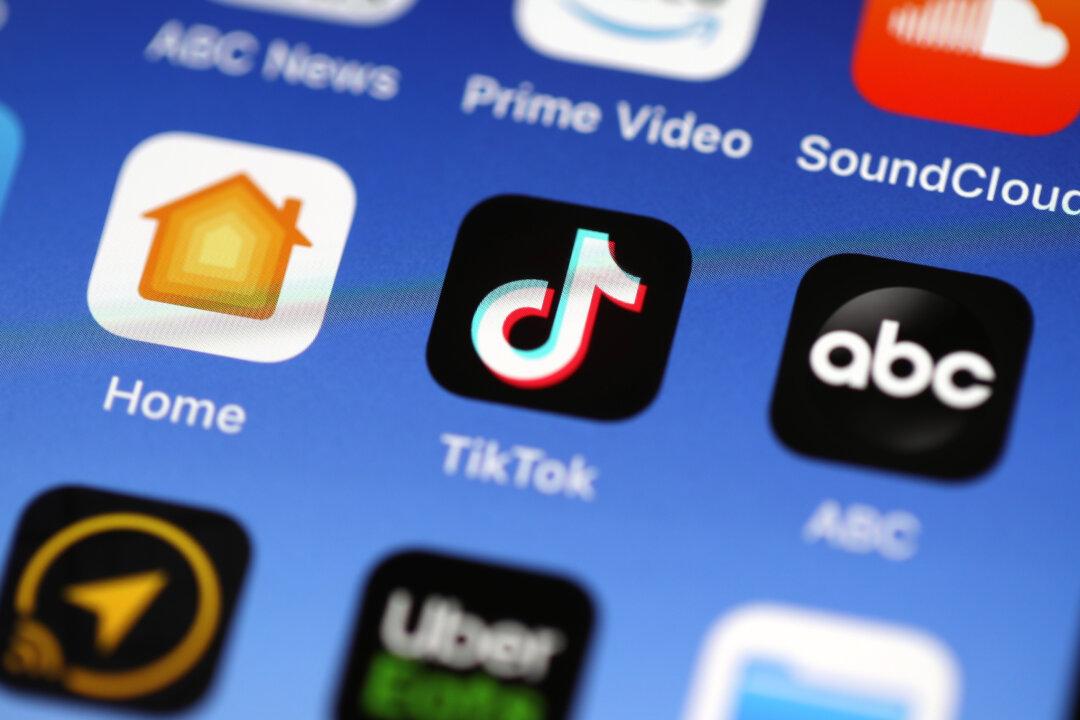WASHINGTON—Chinese-owned video-sharing app TikTok, massively popular among teens in the United States, is facing a national security review over its $1 billion acquisition of U.S. social media app Musical.ly.
In a recent letter to U.S. lawmakers, the company insisted it’s not controlled by the Chinese communist regime, but experts and politicians are becoming increasingly wary due to mounting concerns.





